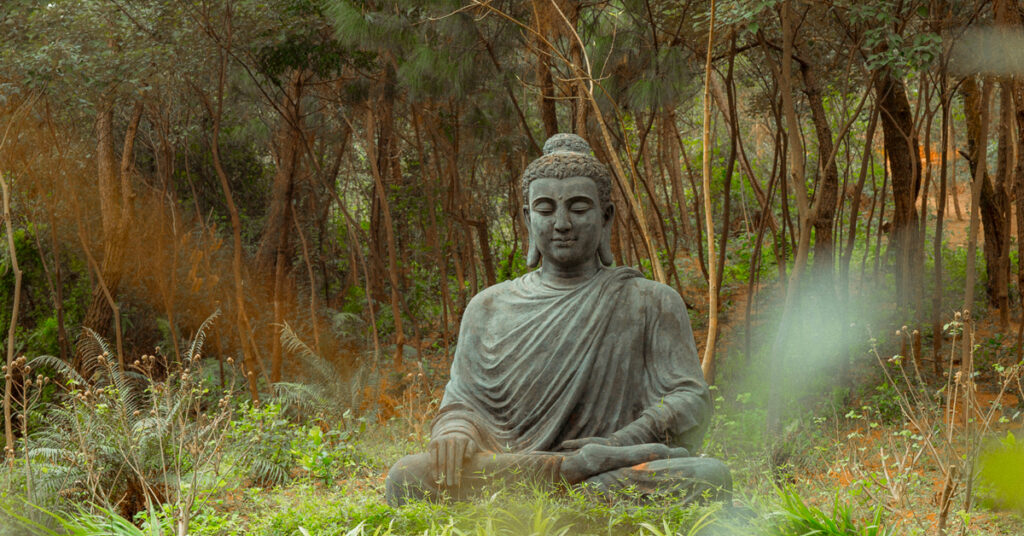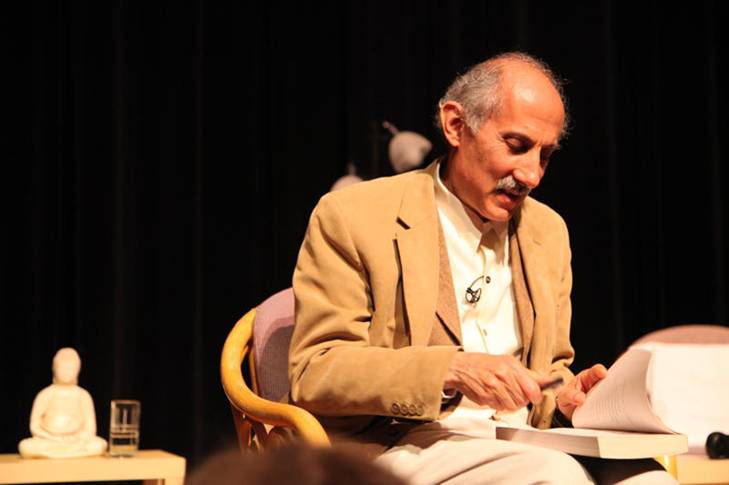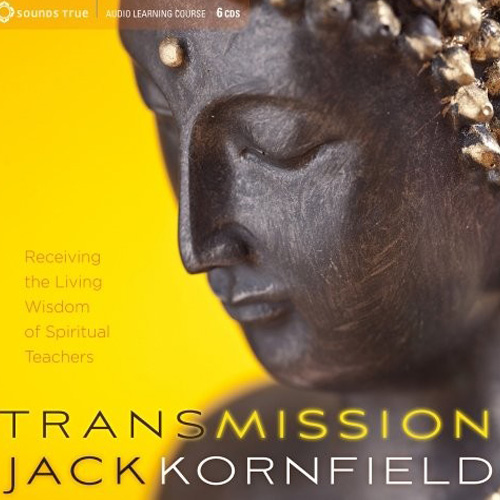“Make your mind like the earth which receives all things steadily.” – The Buddha
Years ago, a crew of Russian cosmonauts ran into trouble in their space station. After a long and frightening period of uncertainty, they eventually found a way to safely return to Earth. When their capsule finally landed, they got out and knelt down and kissed the ground.
The Earth that they kissed is every living thing’s true home. It is from the elements of the Earth that we are given birth, and it is the fruits of the Earth that nurture us so that we can live and grow. The Earth is the foundation for our houses, for our communities, for our civilizations. It is on the surface of Earth that we walk, and it is on the solidity of the Earth that we lie down to sleep. And eventually, when we cease to live, we will return to the Earth, in one way or another.
On the night when Buddha vowed to remain in meditation until he became enlightened, it was on the Earth that he took his seat. And as he sat under the bodhi tree, all of his fears and doubts, all of his temptations and desires arose in him. The story tells that these difficulties arose in the form of Mara, an Indian demon who personifies doubt, difficulty, evil, terror, and temptation. And when the armies of Mara were at their strongest and the temptations were at their greatest, Mara challenged Buddha’s worthiness, asking him, “Who do you think you are to sit on this spot and seek enlightenment?” Reconnecting with his dedication and compassion, Buddha reached down and put his hand upon the Earth and said, “The Earth is my witness.” In his extremity, Buddha called upon Earth to be the true witness to his value as a human being and his right to awaken upon that seat, supported by the Earth itself.
“The path through trouble is always made a step at a time, a breath at a time, a day at a time.”
When our inherent value and dignity as human beings is witnessed, whether by the Earth or by those around us, it can transform our life. A math teacher in Indiana once had a class filled with raucous and difficult students, as every teacher has had at some time in their career. On one of those particularly trying days right before vacation, she realized that no one was going to be learning much math, so she stopped the class and wrote on the board the names of the thirty-one students and asked everyone to copy them onto a sheet of paper. Then, after they had all copied them down, she gave them fifteen minutes to write next to each student’s name something that they admired about that person. She then collected the pages and dismissed the class. Some months later when the class was again having a hard time paying attention, she stopped the class and said, “I have something to pass out to you.” She had cut the pages apart and pasted under each student’s name the admiring comments that their classmates had written.
Several years after that, she received a call from the mother of one of her favorite students. After graduating high school, he had enlisted in the army and was killed in the Middle East. His mother asked if his favorite teacher would come to the funeral. At the end of the ceremony when they stood around the gravesite to honor his life, his mother walked up to the teacher and said, “My son had very few things with him when they found his body, but this was in his pocket.” She took out the piece of paper that had the list of thirty-one good things written about him by his classmates. It had obviously been folded and unfolded many times. Then the young woman standing next to the teacher, who had been a student in the same class, said; “Oh, yes, I carry mine too. I look at it when things get hard,” and pulled hers out of her wallet. And another young man nearby said, “I made mine part of my wedding vows.”
Being reminded of our dignity and value becomes a ground for our true wisdom and compassion to arise. With this mindful presence we will have the courage to touch our pain, our losses, our fears and our wounds. When we experience feelings of unworthiness, frustration and sorrow, struggles and challenges, we realize they can be held with dignity and awareness. And in doing so, we find a freedom of heart amidst it all, we remember that who we are is loving awareness itself.
“Neither avoid nor overreact. Tend what you are given. Stay centered in yourself.”
Excerpt From A Lamp in the Darkness





